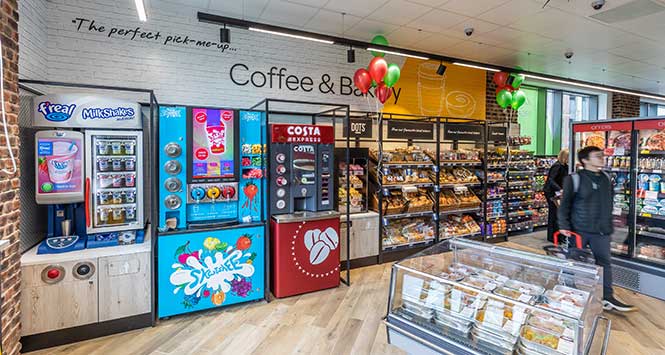Consumer card spending slowed to 1.6% growth in April, down from 1.9% in both March and February, and below the latest inflation rate of 3.8%, according to the latest Barclays Consumer Spend report.
The report combines hundreds of millions of customer transactions with consumer research to provide an in-depth view of UK spending.
It also found that, while consumer confidence in household finances rose to its highest level in over three years, a slowdown in food price inflation and cutbacks on food and drink led to the smallest uplift in supermarket spending since June 2022. Meanwhile, cold and wet weather dampened retail sales.
The findings come as half (49%) of Brits say they are concerned about how much they spend on food and drink, with the same proportion making the effort to cut back on discretionary spending (49%).
Despite falling food price inflation (down from 5.0% to 4.0%), a record 73% of Brits are actively looking for ways to reduce the cost of their weekly shop – the highest percentage since Barclays started tracking in January 2023 – as grocery spending growth reached its lowest level (1.0%) since June 2022 (-0.8%). More broadly, spending on essential items grew just 1.7% year-on-year in April, the lowest rise so far this year.
Two-in-five (44%) supermarket savers are avoiding impulse buys at the checkout, while 37% are stockpiling their go-to products when they are on offer, and three in 10 (29%) are batch cooking to save money. Meanwhile, more shoppers have noticed supermarket products running out of stock, at 60% (vs. 50% last month), with fruit and vegetables, and eggs and dairy emerging as the most cited items impacted.








